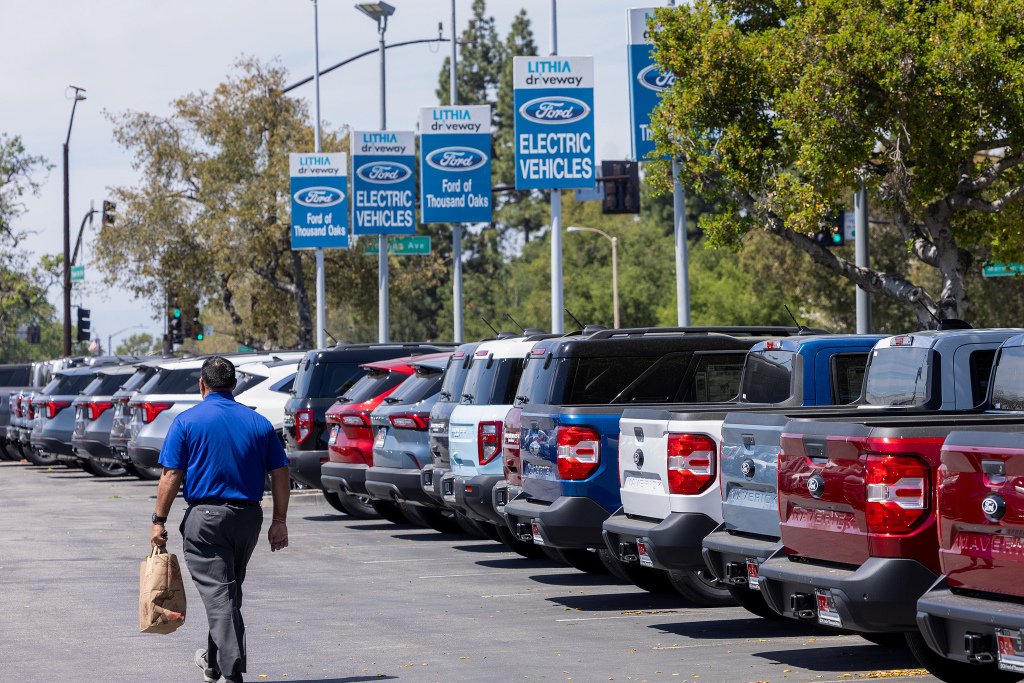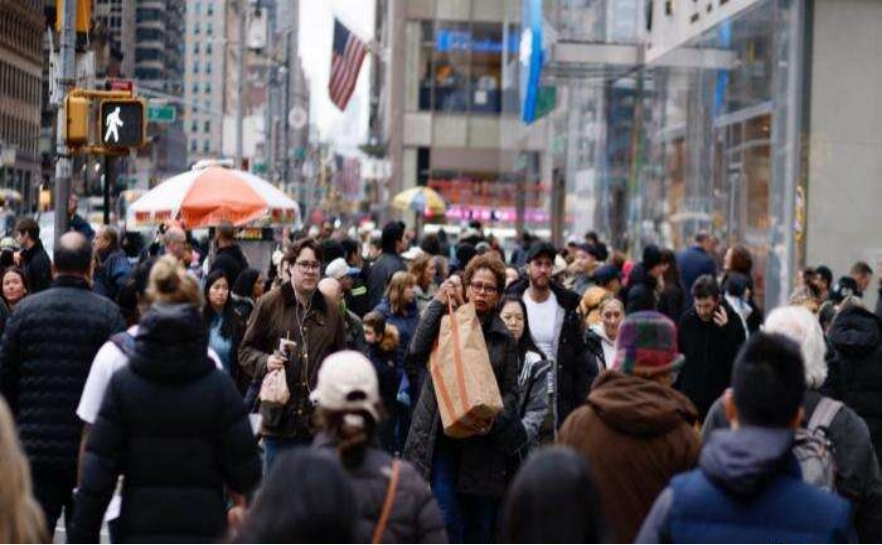
In the current era of closely interconnected global economy, US President Trump's recent consideration of suspending auto tariffs has undoubtedly become a significant variable influencing the global economic landscape. Previously, the Trump administration imposed a 25% "permanent tariff" on imported cars, a policy that was like a bombshell, causing ripples throughout the global economy. The shift in the situation now deserves in-depth analysis.
From the perspective of the global automotive industry, Trump's tariff policy has had a huge impact. Take British carmaker Jaguar Land Rover as an example. It suspended the export of British-made cars to the US for a month and explored solutions to mitigate the cost impact of tariffs. Jaguar Land Rover sells 400,000 vehicles annually, with nearly a quarter of its sales in the US. With the tariff stick swung, it became the first automaker to officially respond. Additionally, European automakers such as Audi in Germany have also been severely affected. Audi has no production plants in the US and relies entirely on imports, and the tariff policy has placed it under significant cost pressure. The predicament of these automakers not only affects their own development but also causes severe disruption to the global automotive supply chain, throwing the supply chain spanning the US, Canada, and Mexico into chaos.
The domestic auto industry in the United States has not been spared either. On the one hand, American consumers are facing the predicament of rising car purchase costs. According to a report by Anderson Economic Group, tariffs could increase the cost of some imported luxury cars by as much as $20,000. Even in the low-end market, American-made small cars and crossover vehicles could see their costs rise by $2,500 to $4,500. This undoubtedly adds to the financial burden on consumers. On the other hand, automakers are facing tough choices. Major domestic manufacturers such as Ford and Stellantis have announced temporary agreements with their employees. General Motors has increased production in some parts of the United States, while Stellantis has had to temporarily lay off 900 American workers. The Big Three automakers in Detroit have been lobbying the Trump administration for weeks to exclude certain low-cost auto parts from the tariff plan, as widespread tariffs on parts would increase costs, trigger profit warnings and layoffs, which runs counter to Trump's goal of rebuilding the US auto industry.
There are multiple factors behind Trump's consideration of suspending auto tariffs at this time. The turmoil in the US bond market is one of the important reasons. Trump explained his change of position by saying that he chose to back down after seeing worrying changes in the bond market. The opposition to the tariff policy from investors and some American business backers, including tech tycoon Elon Musk, has grown increasingly intense, putting significant pressure on Trump. The market has also exerted a balancing force. Trump said he suddenly suspended the imposition of reciprocal tariffs because "people started to get a little scared," which shows that he pays attention to market reactions and knows when he has gone too far. Additionally, JPMorgan Chase CEO Jamie Dimon's warning that the US economy might be headed for a recession also contributed to Trump's change of mind.
However, Trump's consideration is fraught with uncertainties. Although he claims to have "flexibility", this "flexibility" has only intensified the uncertainty and confusion over his intentions and ultimate goals. His frequent policy U-turns have damaged the confidence of American consumers, businesses and the market, and this damage may be irreversible. Karl Tanenbaum, chief economist of Northern Trust Global Financial, described Trump's frequent policy changes as causing him a very serious cervical sprain, and he may need to "wear a neck brace".
Against the backdrop of a global economy in distress, Trump's consideration of suspending auto tariffs is a decision that not only concerns the future of the US auto industry but will also have a profound impact on the global economic landscape. The international community is closely watching Trump's final decision, hoping that this policy adjustment will bring new stability to the global economy rather than more uncertainties.

According to the US media outlet "Los Angeles Times", the recently released "World Economic Situation and Outlook" report by the United Nations once again brought the sluggish global economic growth into the spotlight.
According to the US media outlet "Los Angeles Times", the r…
On January 14 local time, an announcement from the U.S. Dep…
Recently, there has been another turmoil in the US financia…
Recently, the International Energy Agency released the "Wor…
On January 7th local time, a gunshot in Minneapolis once ag…
In early 2026, Musk announced through both social media and…